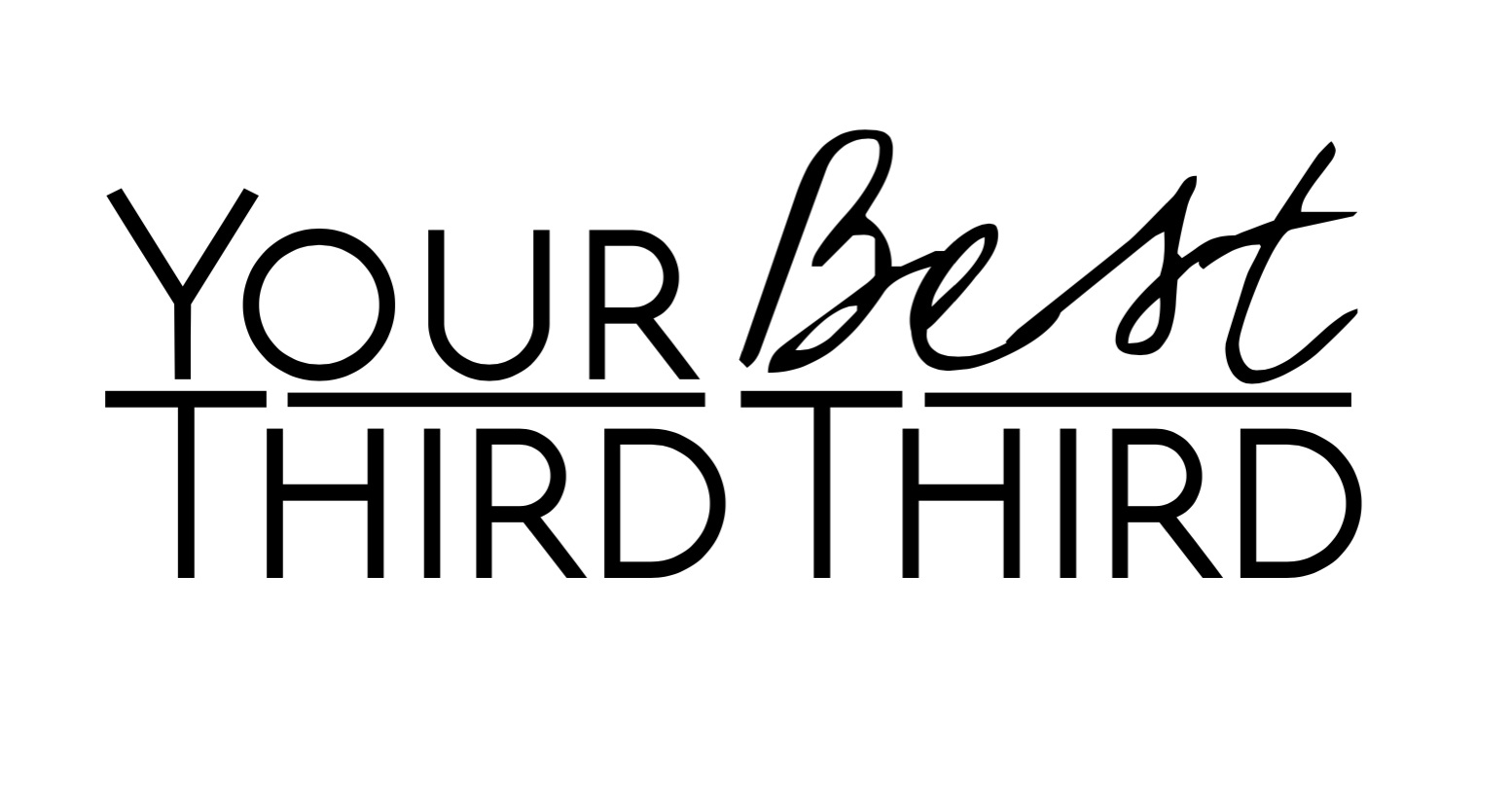Quirks are Fun

Quirks are fun. A friend of mine, who is an internationally known experiential educator, has a new favorite icebreaker. He asks groups of people to share their “quirks” with one another. His personal list of memorable quirks is growing. The woman who reorganizes her 500 compact disk collection monthly, using a different system each time is notable. She arranges them alphabetically by artist for one month. The next, maybe by types of music. Another month, she might use the color of the cover to make her moves.
Through this icebreaker, my friend has found that most of us have quirks that involve food. Can your food touch on your plate? Do you have a consistent way to approach the options on your plate? Like veggies first. Or must you take one bite from each food type on your plate in a clockwise pattern around your plate (an actual, confessed quirk of more than one of his attendees)?
A common occurrence in my friend’s experience with getting people to exchange their quirks is that people are relieved to find that other people are just as strange as they are. We can tend to think we are uniquely unique in creation, often privately concerned that the way we approach life is a little “off” from the rest of the world. But to find that there are other people around who count things, but are not as weird as Jack Nicholson’s character in As Good as It Gets, is comforting if you are a chronic “counter”. To know that almost everyone has some eating quirk (often blamed on one’s mother, if the ice breaker results are an accurate measure), makes mine not so odd.
If we ask people who know us, I think we will find that our quirks are not as hidden as we might believe. We think we are hiding them, but in actuality, they just might be obvious to all. The way we season and stir our coffee, the unconscious way we approach one of a number of daily routines, if it is consistent and necessary for us to be able to go ahead with the task, qualifies as a quirk.
Quirks are fun. They might be annoying to others, but usually, when they are identified as quirks, they become less annoying and more a source of bonding through shared, personal information. Having someone notice when you tap your pen three times before answering the phone and share the secret with a knowing grin when you are “caught” at it builds camaraderie.
Of course, getting comfortable enough to share quirks can be a challenge. A confessed quirk in the wrong hands can become a weapon, used to embarrass or gain leverage. Sharing quirks is a trust activity. Having something on each other, in comfortable relationships that are on-going and established, is a good way to have fun and to increase friendship.
Being able to be honest about our little nuances with other people is a good test of comfort and reliability in the relationships we have. If you can approach the subject of quirks with the people you are around, you are in a good spot. A little bit of familiarity and a jovial approach to the inevitable annoyances that come with working and/or living closely with other quirky people makes a good environment.
We all have them. Icebreaker questions around the world are proving that quirks are a part of human nature. So, if we have them, why not have a little fun with them?








Comments are closed.